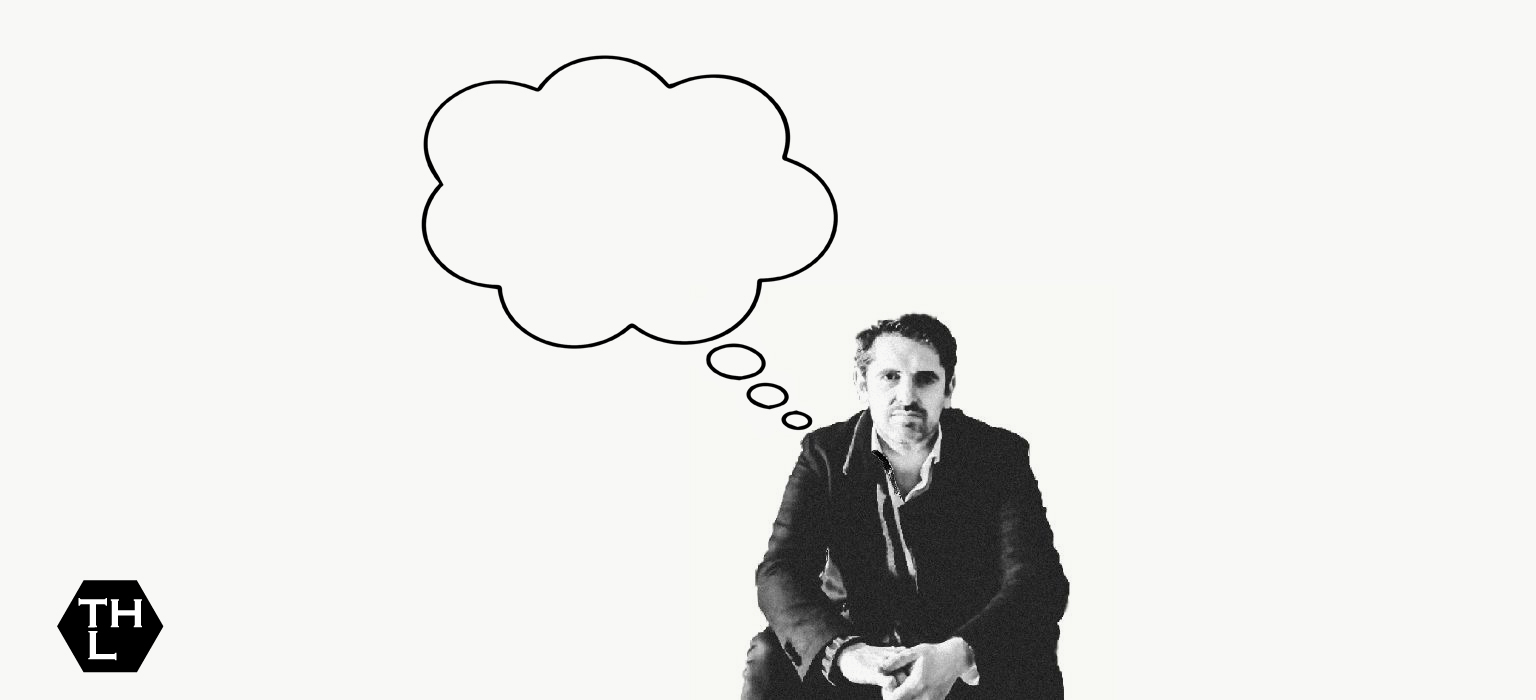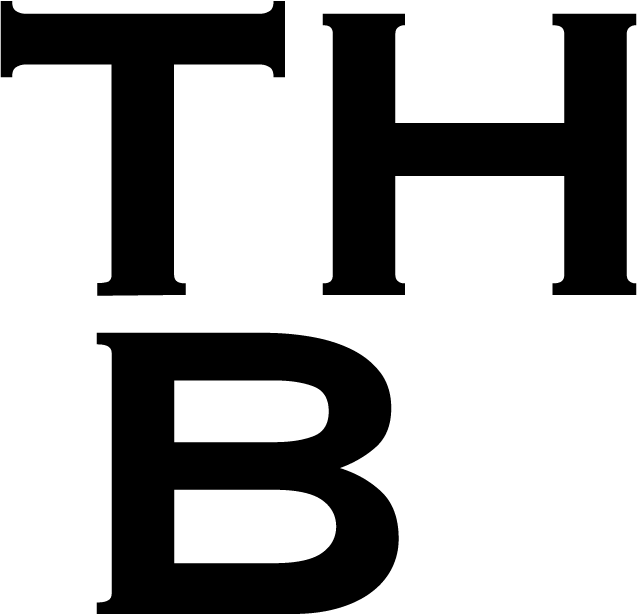
thoughtleader III
Nicolas Laugero Lasserre
Founder and president of “Artistik Rezo”, a cultural media, club and gallery, he joined the EDH-group in 2015 to become the director of ICART, an important school of culture and art management. He is also a board member of the “association for the international diffusion of French art (ADIAF)” and founding partner of Fluctuart, the first floating museum of urban art. Parts of his impressive collection of Street-art are to be seen at Art42, a Parisian Coding-School.
Dans un post, vous avez mentionné qu’un des défis d’aujourd’hui était la digitalisation de la culture, pour en donner plus d’accès. Pour ce processus de transition culturelle, quels seront les nouveaux défis différents de ceux liés à la transformation digitale qui se fait déjà partout dans le monde?
La digitalisation fait parfois peur car elle transforme notre rapport à la création, y compris nos habitudes de vivre la pratique culturelle de façon collective. La digitalisation entraîne souvent l’individualisation, car même à plusieurs en ligne, nous restons seul devant notre écran. En revanche, la digitalisation de l’accès à la culture à travers des plateformes de streaming pour la musique ou des plateformes audiovisuelles et cinématographiques entraîne une accessibilité massive et globale à ces œuvres, à des coûts très bas. Il ne s’agit donc pas tant de la digitalisation des œuvres que des moyens d’y accéder qui entraîne ce grand changement. Le grand défi pour les opérateurs culturels est donc de s’y adapter rapidement.Cette transformation digitale est plus subtile dans notre secteur puisqu’il s’agit de transformer notre rapport à ce qui fait l’essence de l’humanité, son histoire millénaire : l’art et les pratiques culturelles et artistiques.
À part l’introduction d’outils digitaux pour sauvegarder et streamer de la culture sur nos appareils, quelles directions plus innovantes voyez-vous se développer à l’horizon?
Une transformation profonde des œuvres serait une suite logique à la transformation des êtres et des artistes. Les NFT sont particulièrement intéressantes. Elles représentent une nouvelle façon de collectionner. Il ne s’agit plus de collectionner des œuvres physiques mais uniquement la propriété de l’œuvre pourtant publique et accessible à tous.. Acheter la propriété exclusive d’une œuvre accessible à tous, est-ce un acte philanthropique ou égocentrique ? Peut-être simplement un acte commercial et spéculatif car cette propriété sera cessible…
“Une certaine faillite de l’université me désole car elle est notre bien commun. Comment peut-on à ce point créer autant d’inégalité en refusant de professionnaliser de si nombreux cursus et étudiants ?”
Nicolas Laugero Lasserre
Thierry Raspail disait en 2014 que l’éducation de l’art (ou de la culture) se faisait majoritairement à travers l’utilisation d’internet. Le net, comme beaucoup d’artistes contemporains, manipule souvent de l’information (cit. originale: des images). Raspail argumente le succès des musées d’art contemporain avec la constitution de ces usages d’informations (cit. images) et d’écrans qui s’échangent entre les artistes et les jeunes partout dans le monde. À votre avis, comment pourrait cette expérience d’échange ouvert entre un artiste et les jeunes être transféré sur d’autres formes de culture ou d’éducation?
Instagram illustre bien cet exemple, et permet à des millions d’artistes de se connecter à leurs publics pour partager leurs créations et émotions. Nous pouvons constater que le meilleur et le pire s’y côtoient. Mais là encore, le digital représente un moyen fulgurant de démocratisation et d’accessibilité à la culture. Je le vis au quotidien avec Elliot mon petit garçon de 6 ans. Nous pouvons lui faire découvrir toutes les musiques du bout du monde, des films d’animation japonais fantastiques du Studio Ghibli comme « le vent se lève » de Hayao Miyazaki ou encore « le château dans le ciel »
Dans cette ère post-internet, nous rencontrons souvent des manifestations d’une culture d’appropriation, de réinterprétation et d’upcycling de produits, d’informations et de savoir. Les concepts qui en résultent sont ingénieux. Mais ils ne font souvent pas partie de cette connaissance classique, qui est à l’origine de la construction des musées et des écoles en Europe.
Comme directeur d’une école, comment approchez-vous ce “nouveau” type de connaissance? Comment faites-vous pour transmettre le savoir classique, le old-school, en maintenant le pas avec son cousin plus jeune et plus contemporain?
Pourquoi enseigner et transmettre quand tous les savoirs sont accessibles en ligne ? Parce que la passion et l’émotion humaine sont inégalables par la machine.
Comment trouver l’équilibre entre d’un côté des savoirs théoriques essentiels et de l’autre des compétences et outils indispensables ? Une certaine faillite de l’université me désole car elle est notre bien commun. Comment peut-on à ce point créer autant d’inégalité en refusant de professionnaliser de si nombreux cursus et étudiants ? Le vide intellectuel de nombreuses écoles de commerce n’est pas plus enviable. Face à ce constat sans appel, le bon équilibre s’impose. Transmettre les bonnes compétences professionnelles adossées à une solide culture générale et artistique.
Pouvez-vous nous nommer votre livre préféré du moment?
Impossible de Erri de Luca habite en ce moment mes fins de soirées. Ça se passe en Italie et c’est palpitant grâce à un échange captivant entre un jeune juge et un accusé.
Merci beaucoup Nicolas pour cet échange instructif.
Les questions de cet interview ont été partagé à travers un fichier collaborative Google-doc en Mars 2021.
L’échange s’est fait en français.

You once mentioned that one of today’s challenges is the digitalization of culture, in order to allow and grant broader access. What challenges do you predict for this transition process to be different to the general digital transformation happening everywhere today?
Digitalization can sometimes be seen as a scary thing as it transforms the relation with creation. This includes our habits to live cultural practice in a collective manner. Digitalization often entails individualization, because even as a group of sevarl people online, we somehow remain alone in front of our single screens. On the other hand, digitalization of access to culture by means of streaming services for music or audiovisual and cinematic platforms allow a massive and global access to these works and all of that at a very low cost. It is therefore not really about the digitalization of art-works, but of the means of access,marking the big transformation. The challenge for cultural actors is therefore to adapt rather quickly.
This digital transformation is more subtle in our sector since it is about transforming a relation with what represents the essence of humanity and its millenary history : art, as well as cultural and artistic practice.
Besides the introduction of digital tools to store and stream culture onto our devices, what other more innovative directions would you like to see happening or developing ?
A profound transformation of art-works will be the logical sequel to the transformation of human beings and artists. NFT’s are particularly interesting. They represent a new way of collecting. It is not about collecting physical objects, but solely the property of a work of art nonetheless public and accessible for everybody.
Now, is buying exclusive property that is accessible to everybody, to be seen as a philanthropic or egocentric act? It may be just a commercial or speculative move, as the property remains transferable, thus sellable…
“I am feeling sorry for the intellectual void of certain business-schools !”
Nicolas Laugero Lasserre
Thierry Raspail stated in 2014, that art (or culture) education would mostly be done through the use of internet. The net, like artists today, often manipulates information (original cit: images). Raspail explains the success of contemporary art museums with the establishment of this practice of information (cit. image) and screen, shared between the artist and young people from all over the world. How could this experience of an open exchange between an artist or maker with young people be transferred to other forms or areas of culture or education?
Instagram is a very illustrative example, permitting millions of artists to connect with their public and share their creations and emotions. One can notice that the best and the worst are steadily rubbing shoulders.
Once again, the digital represents dazzling means of democratisation and accessibility to culture. I experience it on a daily basis with Elliot, my 6 year old son. We can let him discover all types of music from all over the world, as well as fantastic animation movies of Studio Ghilbi from Japan, such as “The Wind Rises” or “Castle in the Sky” by Hayao Miyazaki.
We currently experience a post-internet culture of appropriation, reinterpretation and up-cycling of products, information and knowledge. It’s clever results are often not scholarly knowledge, thanks to (or because of) which western museums and schools were built. They are something else.
As a School Director how do you approach this “new” type of knowledge? How do you transmit the scholarly old-school knowledge, while keeping up with its younger, more contemporary cousin?
Why teach or transmit, if all the knowledge is accessible online? Because the passion and the emotion of humans is unrivaled by the machine.
How to find an equilibrium between, on one side essential theoretical knowledge, and on the other the indispensable competences and skills? I am very sorry about a certain failure of universities, as they represent our common good. How can one create that much inequality by refusing to professionalise too many programs and students? The intellectual void of several business-schools is not more enviable either.
In front of such findings a real and good balance needs to be imposed : Transmitting the right contemporary professional skills, but based on a solide general and artistic culture.
Please name your current favourite book?
At the moment, “Impossible” by Erri de Luca is sharing my late evenings. The story happens in Italy. It is thrilling thanks to a captivating exchange between a judge and a defendant.
Nicolas, thank you very much for this instructive exchange.
The questions for this interview were asked via a collaborative Google-doc file in March 2021.
The original exchange was in French (see above) and has been translated by Thomas Brigger in April 2021.

